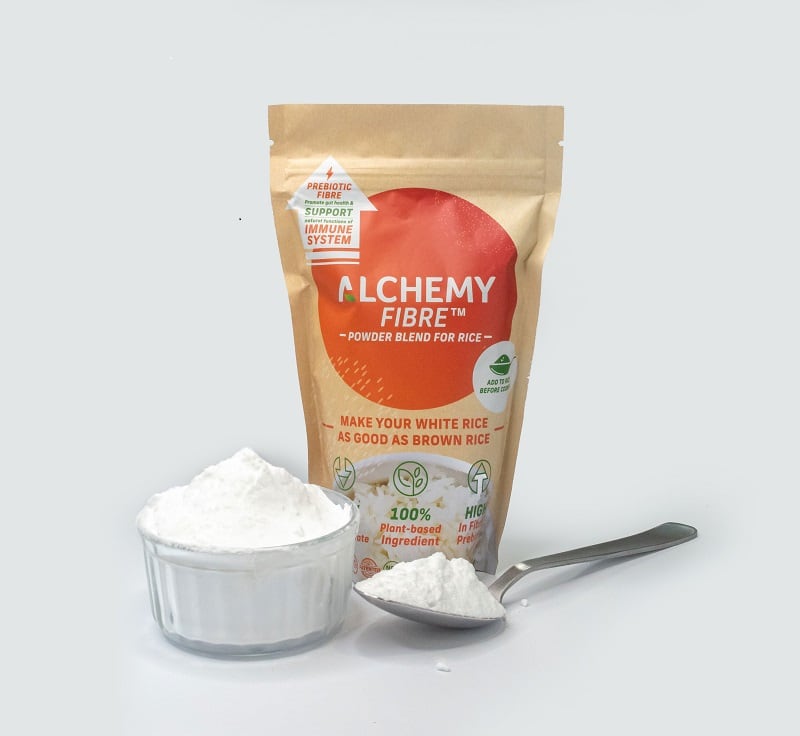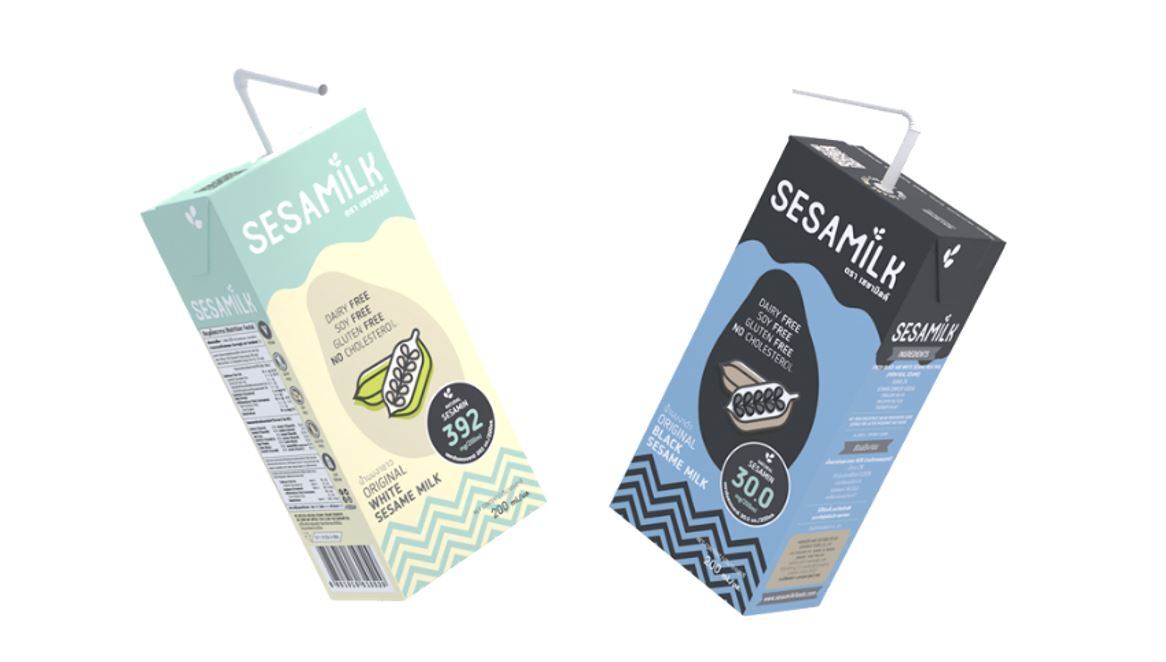Thai seafood giant Thai Union has made multiple investments into alternative protein firms, particularly insect and plant-based protein, as of late, signifying its strong intention to expand beyond its main seafood specialty into other types of protein.
“Our strength here at Thai Union has always been in protein, particularly seafood protein, but we have seen that now we must be able to extend our reach outside of seafood too,” Thai Union Group Director for Global Innovation Dr Tunyawat Kasemsuwan told FoodNavigator-Asia.
“This is why we have been looking closely at the alternative protein space as we want to understand the opportunity thoroughly, plus we saw a lot of synergy in the area with our existing core products too.
“For instance, our initial interest started with insect protein, we were thinking of the potential to make a tuna based on insect protein, which could be the future of the company – and we still think insect protein is important [to the food system]”
Thai Union has made several investments in firms specialising in insect protein products till date – its first investment in the area was Flying SpArk which specialises in creating food ingredients like powder and oils from Mediterranean fruit fly larvae, and more recently Manna Foods and its darkling beetle based flour.
“With Flying SpArk, we believe that the protein here can address consumer food needs in terms of the protein content in addition to having a low carbon footprint , being easy to populate, and growing really quickly in just six to seven days – most importantly, there is a synergy for us in using this in food or feed applications, and the byproducts can be used for cosmetic applications too,” said Dr Kasemsuwan.
“As for Manna Foods, what appealed to us was that the darkling beetle protein is really good in terms of protein quality, and they’re moving in a good direction too, such as already having [some] proof-of-concept in terms of sports nutrition in the US – which is also an area of interest as sports nutrition is a very large market in the US.”
Dr Kasemsuwan also said that the firm has invested a lot in both insect-based and plant-based protein with the aim of maintaining portfolio diversity.
“Plant-based protein exists today, so we can roll out products more quickly, [plus this is what consumers want] so we have launched plant-based products to meet consumer demand. And for insect protein, this is important to provide high protein to feed people as part of the food system,” he said.
“We do see that these alternative protein sources are important to providing variety to manage our product portfolio not just in terms of product variety but also to manage risks and costs in the long term.”
Cell-based in the long-term
In addition to plant-based protein and insect protein, Thai Union has also shown considerable interest in cell-based protein, believing that the value of this industry is likely to rise in time.
“Thai Union is also definitely interested in cell-cultured protein – I think that in three years or so, this will be an important means of addressing protein and [food system] issues,” said Dr Kasemsuwan.
“In this area, we have invested in California-based BlueNalu which specialises in cell-based seafood, and also in Visvires New Protein, a fund that covers multiple investments including Israel’s Aleph Farms which is looking at cell-based beef.”
All of Thai Union’s investments in alternative protein have been made under its venture fund, to which the firm has initially committed US$30mn to invest in entrepreneurial firms in the areas of alternative protein, functional nutrition and value chain technology – another of its recent major investments was in Singapore-based GI-lowering tech firm Alchemy FoodTech.
Making a difference
Regardless of the type of alternative protein or technology used, according to Dr Kasemsuwan the objective here is to provide better food choices for consumers.
“For insect-based products, the key to providing better food options here is of course the high protein content [and the sustainability benefits], so we are now choosing the types of insects and firms to invest in strategically and carefully as there are so many insects and different firms out there,” he said.
“As for plant-based products which we’ve already started rolling out globally, we want to not only get our product texture as close as possible to animal-based products, e.g. looking at steaks instead of patties, but also make these better for health.
“There are many people who complain about ingredients in plant-based meat such as E-numbers, additives, salt and so on, so we are continuing to research how to make our plant-based products as good as clean label in the future by using less highly-processed ingredients.
“All in all, our aim with alternative protein products is to as healthy as possible and as high-protein as possible to benefit consumers.”





